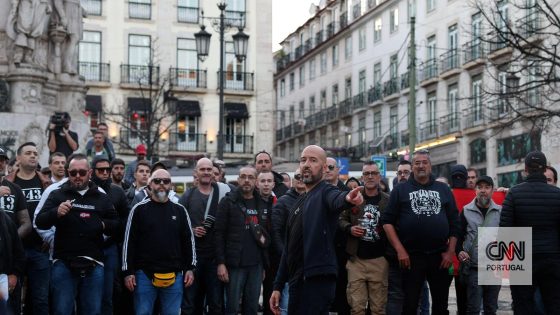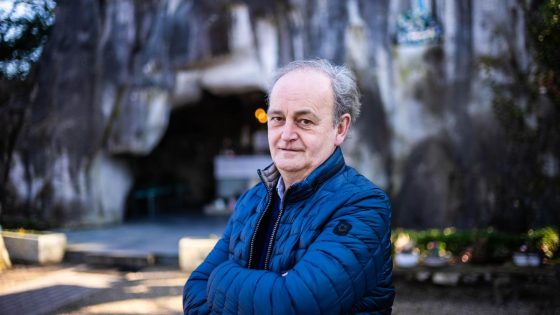Mário Machado, a prominent ultranationalist, plans to report to prison on February 25 to serve nearly three years for inciting hatred and violence. His decision not to pursue a final appeal raises questions about his intentions and the implications for far-right movements in Portugal.
- Mário Machado plans to enter prison soon.
- He refuses to file a final appeal.
- Group 1143 organized a protest against immigration.
- Machado was convicted of hate incitement.
- His statements targeted leftist women specifically.
- The Constitutional Court rejected his appeal.
Mário Machado’s Upcoming Prison Sentence and Its Implications for Portugal
What does Mário Machado’s prison term mean for the ultranationalist movement in Portugal? His decision to enter prison without further appeals could signal a shift in strategy for far-right groups. As he prepares to serve his nearly three-year sentence, the impact of his actions on public sentiment and future protests remains to be seen.
Understanding the Charges Against Mário Machado and Their Context
Mário Machado was sentenced for his role in inciting hatred and violence, particularly against leftist women. His case highlights a troubling trend of discrimination and extremism in social media discourse. The court found that Machado’s online posts advocated for violence against specific individuals, raising concerns about the normalization of hate speech.
The Role of Social Media in Promoting Hate Speech
Social media platforms have become battlegrounds for ideological conflicts. In Machado’s case, his posts on X (formerly Twitter) exemplify how online rhetoric can escalate into real-world violence. The following points summarize the situation:
- Machado’s posts targeted women in leftist political groups.
- His rhetoric included calls for violence and discrimination.
- The court rejected his claims of humor, affirming the seriousness of his statements.
- His actions reflect broader societal issues regarding hate speech online.
Potential Impacts of Machado’s Sentencing on Far-Right Movements
Machado’s upcoming imprisonment could either embolden or deter far-right activists in Portugal. Some may view his conviction as a martyrdom, while others might reconsider their strategies in light of legal repercussions. Understanding these dynamics is essential for anticipating future developments in the ultranationalist landscape.
In conclusion, Mário Machado’s decision to serve his sentence without appeal raises significant questions about the future of far-right movements in Portugal. As society grapples with issues of hate speech and extremism, the implications of his actions will likely resonate beyond the courtroom.

































